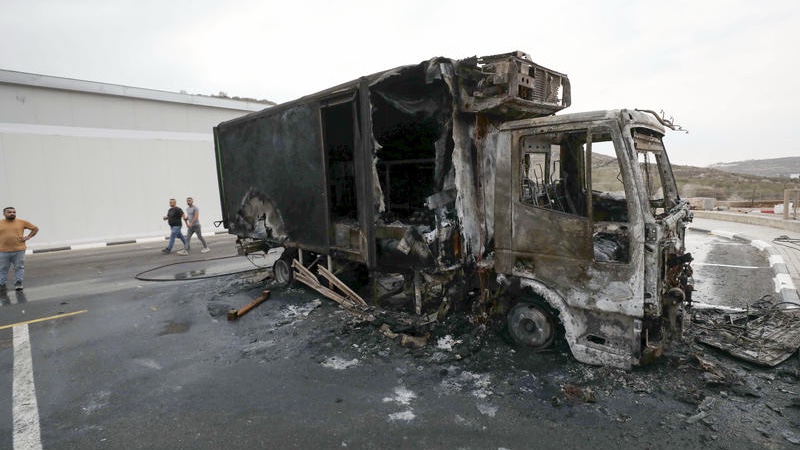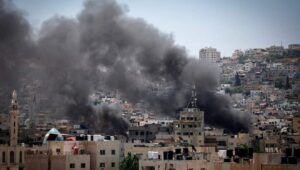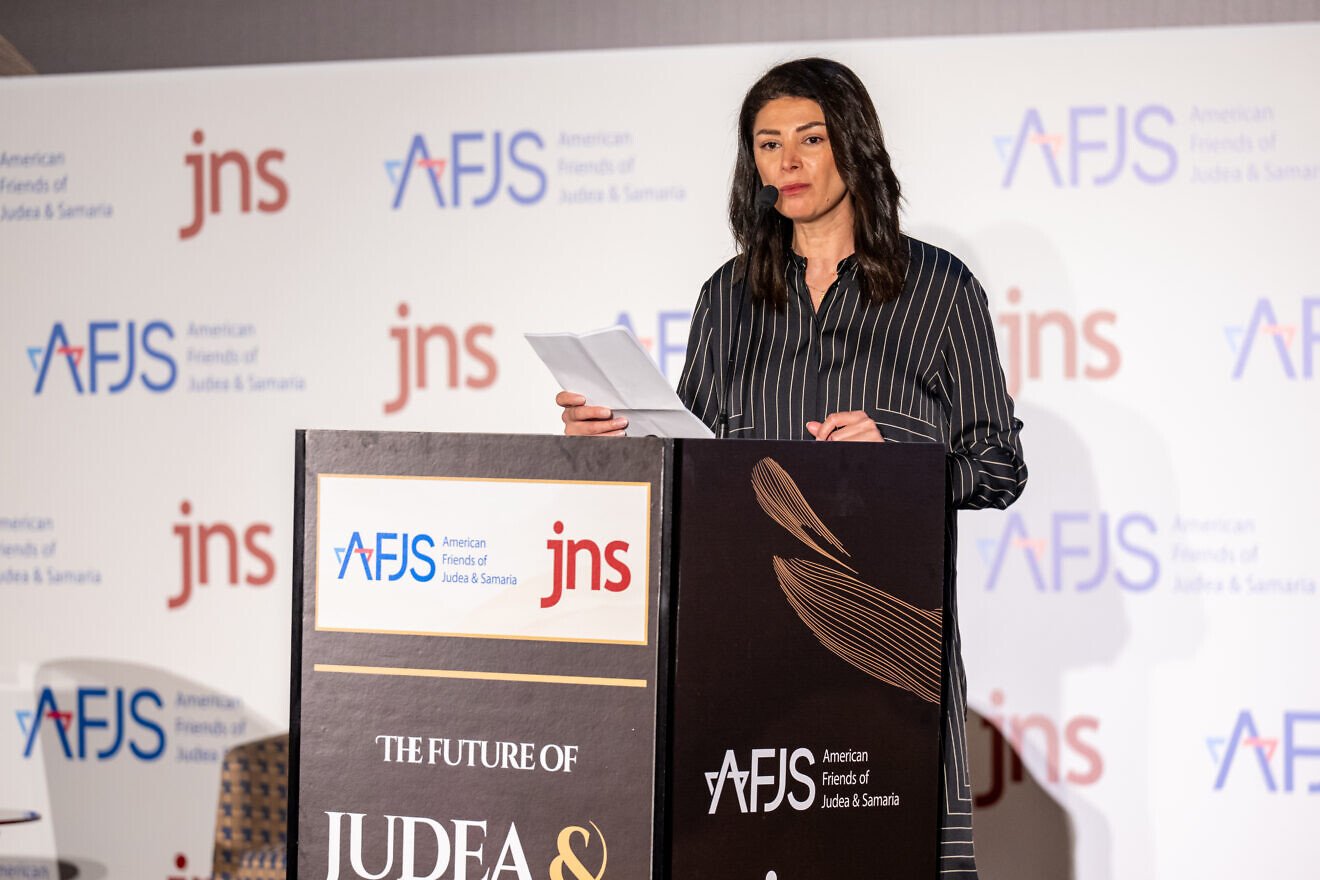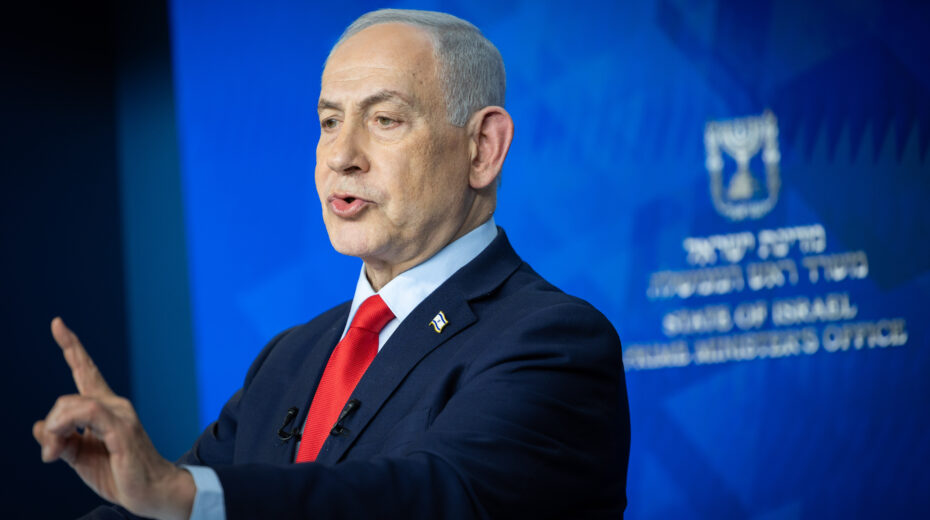Tensions in Judea and Samaria surged Tuesday evening following violent confrontations involving so-called Israeli “settlers,” Palestinians, and IDF forces. The incident, which unfolded near the Arab villages of Bayt Lid and Deir Sharaf, drew swift condemnation from Israel’s political and military leadership.
President Isaac Herzog decried the rioters as “a handful of violent and dangerous individuals,” calling their actions “shocking” and a red line that had been crossed. “All state authorities must act decisively to eradicate this phenomenon and to strengthen the Israel Defense Forces soldiers and security forces who protect us day and night,” Herzog said in a public statement.
The IDF reported that dozens of masked Israeli civilians attacked Palestinians and torched property, including vehicles, prompting soldiers to deploy to the area to disperse the crowds using riot control measures. Four Palestinians were injured and evacuated for treatment, while several Israelis were detained.
Additional clashes reportedly erupted later outside the Bar-On Industrial Park, near the Kedumim community. According to the army, Israeli civilians at the scene also assaulted IDF troops and damaged a military vehicle.
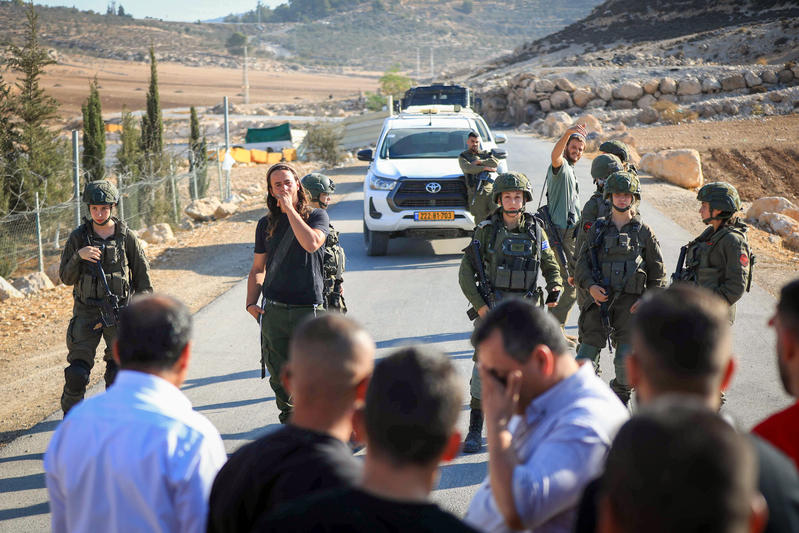
Israeli troops separate Palestinians and Jewish residents of Samaria during a violent confrontation earlier this month. Photo by Wisam Hashlamoun/FLASH90
The military condemned the violence unequivocally. “Such actions distract commanders and soldiers from their operational duties of protecting the area and conducting counterterrorism activities,” said the IDF.
However, the backdrop to this unrest is far more complex than the headlines may suggest.
According to a report by HaKol HaYehudi, the incident began when Palestinians allegedly stole equipment from an unauthorized Israeli outpost near the Bar-On industrial zone—an act that, to some in the settler community, reinforced the perception that state authorities are failing to provide adequate security in contested areas.
For many residents of Judea and Samaria, that perception is not abstract. In 2024 alone, Palestinian terror groups carried out more than 6,300 attacks on Israeli civilians in the region, according to Rescuers Without Borders (Hatzalah Judea and Samaria). Twenty-seven Israelis were murdered in those attacks, and over 300 were wounded.
The same year saw 663 recorded instances of Jewish violence against Arabs—a figure that, while significant, represented a 34% drop from the previous year, according to the IDF.
In the wake of the October 7, 2023, massacre by Hamas in southern Israel, a growing number of Jewish residents in Judea and Samaria have voiced mounting frustration over what they see as a dangerous security vacuum. For these communities, the memory of state failures in the south still lingers—and for some, it has hardened a belief that deterrence must sometimes be created locally, even if that belief is deeply flawed or ultimately destructive.
Still, many in Israel—including leading figures on the right—warn that this approach not only undermines the rule of law but endangers the very cause it seeks to protect.
The challenge for Israel’s leadership is to confront violence wherever it originates—while also restoring public faith that the state can and will secure its citizens without the need for vigilante action.
Until that confidence is rebuilt, the volatile fault lines in Judea and Samaria will likely remain combustible.
Want more news from Israel?
Click Here to sign up for our FREE daily email updates


